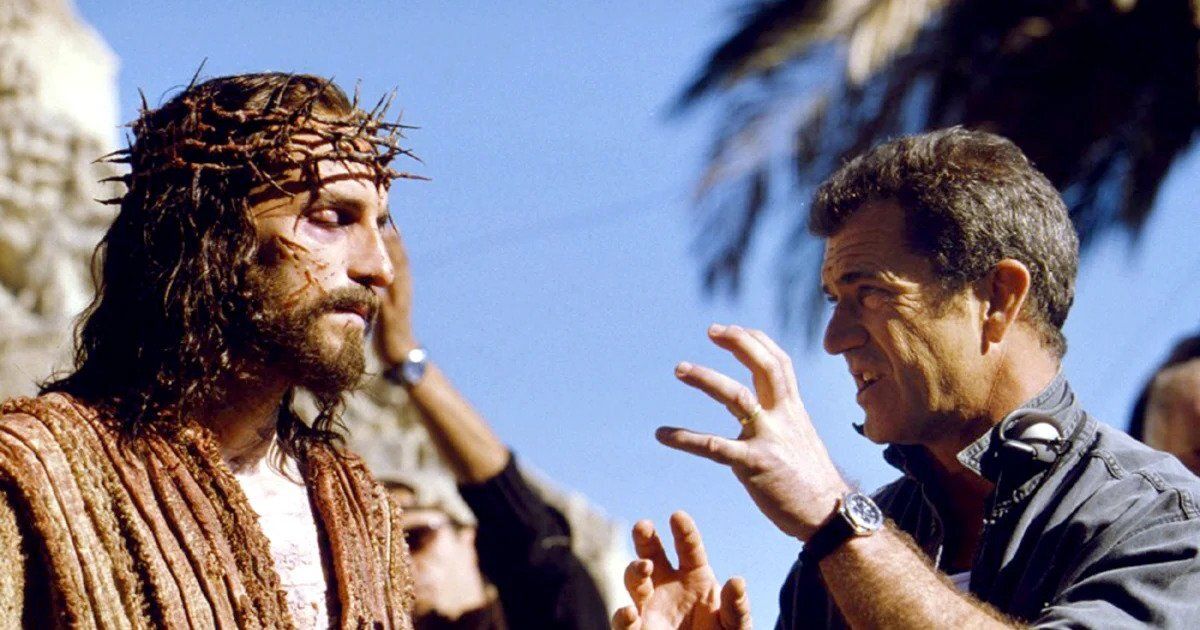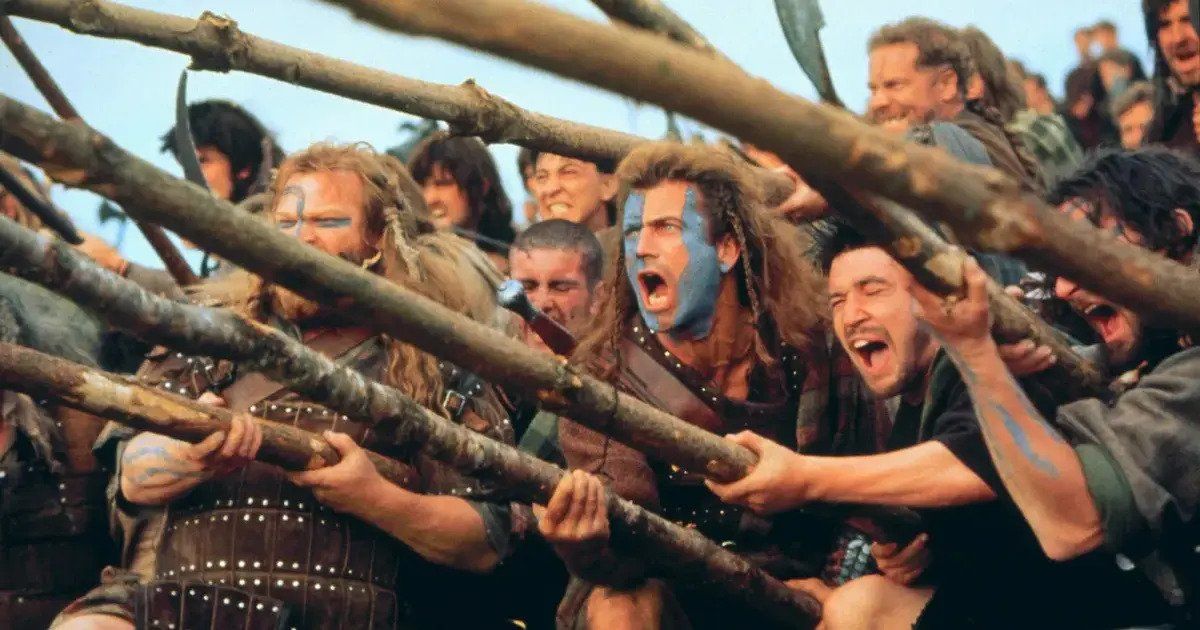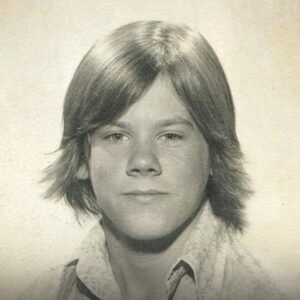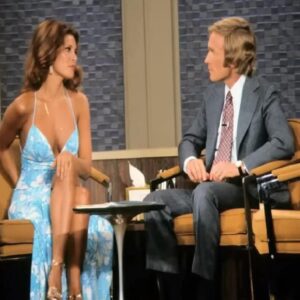The Passion of the Christ is finally getting its sequel and Mel Gibson explains why it took so long to make it.

The Passion of the Christ is one of the most talked about and controversial films in cinema history. The story told by Mel Gibson continues to be the cause of debate on the internet to this day, especially now that the director is working on the long-awaited sequel, which will begin filming very soon.
Despite its contentious subject, one of the most frequent questions generated by Gibson’s production is why it has taken so long to develop the second part, and there is a very good reason for it. In a recent interview in Outstanding Screenplays, the actor, producer and director confessed what has caused the delay in the arrival of the continuation:
“It’s such a massive undertaking. You can’t do it lightly and quickly. You have to really consider what it is that you need to show in order to be poignant.”
Additionally, the director discussed the writing process for the sequel, in which he is working on with Randall Wallace, as the film requires two very different scripts:
“I have two scripts, and one of them is very structured and a very strong script, and kind of more what you’d expect, and the other is like an acid trip. Because you’re going into other realms and stuff. I mean, you’re in hell, and you’re watching the angels fall. It’s like, crazy.”
The Passion of the Christ: Resurrection, as its name indicates, will focus on the miracle of the resurrection of Jesus Christ, played by Jim Caviezel, and it could be as controversial as the first part or even more.
Mel Gibson’s Legacy on the Big Screen

Films directed and produced by Gibson have always managed to capture the attention of the audience. His first feature film was The Man Without a Face, which tells the story of Professor Justin McLeod. After having his face disfigured in a tragic accident and after being left-out by his community, he has withdrawn from everything and everyone until becoming a hermit. Something that will change when a new student, Chuck Nordstadt, requests his help to prepare for an important exam.
In 1995, he starred in and directed what, to this day, remains one of his most-remembered films. Braveheart is set in the Middle Ages, focusing on rebel William Wallace’s attempts to free his people from the English empire, something that will end up turning him into a hero.
In 2006, following The Passion of the Christ, Gibson released Apocalypto, a film set during the last years of the Mayan Empire. The story centers on Jaguar Paw, a man captured to be offered as a sacrifice who manages to escape but must face a difficult journey to reunite with his family and regain his freedom.
The last film directed by Mel was Hacksaw Ridge, starring Andrew Garfield. Based on Terry Benedict’s 2004 documentary The Conscientious Objector, the story follows Desmond T. Doss, a pacifist man utterly averse to violence who serves as an unarmed medic in World War II. Despite being defenseless, he managed to save 75 people during the battle of Okinawa, eventually gaining wide recognition for his heroism.






